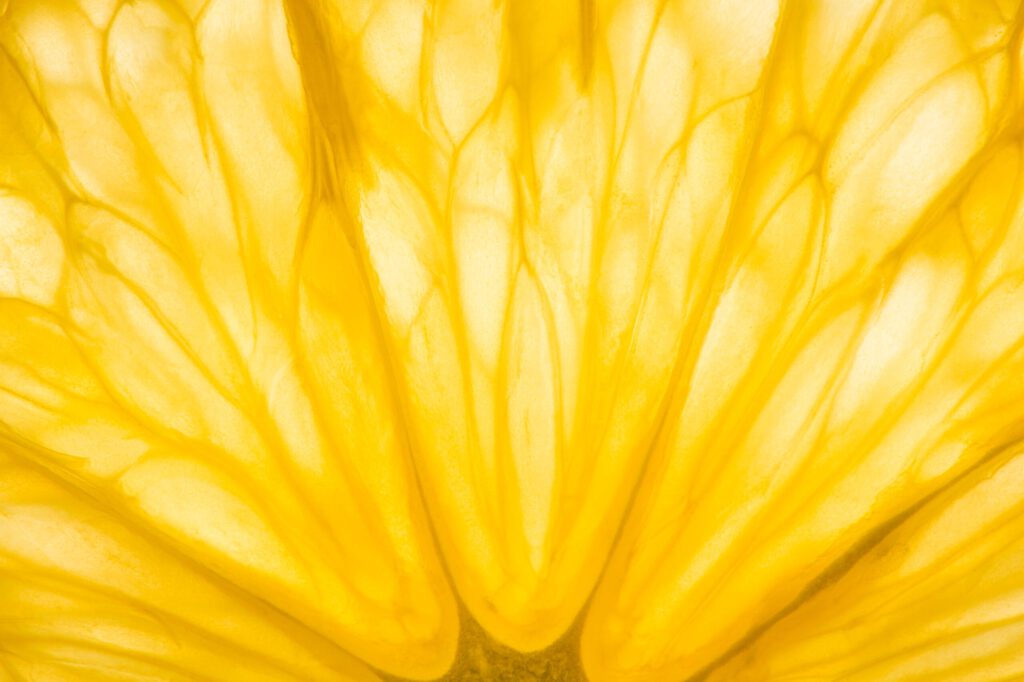Larry Black Receives Citrus Achievement Award
by TERESA SCHIFFER
For Larry Black, Florida citrus isn’t just a career, it’s a culture he’s been entrenched in since birth. Black, the general manager of Polk County’s Peace River Packing Co., was recently named as the recipient of the Florida Grower Citrus Achievement Award. With a long family history in citrus, spanning five generations in the Fort Meade area, he has been personally involved with the industry for most of his life.
“I feel very honored to have been named,” Black says. “The industry has had some difficulties to navigate, but we have a bright future ahead of us and a lot to look forward to.”
Black’s great-grandfather started Peace River Packing Company in 1928 with a group of local growers. Eventually, he bought out the other growers to be the sole owner of the business. Since that time, the family has owned and operated Peace River Packing Co.
“From a very young age, I was always interested in the citrus industry,” Black recollects. “I had a lot of respect for those leaders and the families who had worked within the citrus industry, and also citrus has been the fabric of the local community and economy for a very long time. It’s part of our identity in this part of the state. We have a long, proud history in the citrus industry.”
As a family business, Larry Black’s operation is unique among Florida citrus growers because it focuses more on the fresh fruit market than most other growers do. Most of the state’s citrus groves are dedicated to growing oranges intended for juice processing facilities. Peace River Packing is pretty evenly divided between growing fruit for processing and growing fruit for fresh consumption. They produce primarily oranges, but they also grow some grapefruit and tangerines.
Black enjoys being an active member of the state’s agricultural community and takes part in several organizations aimed at furthering the goals of Florida citrus growers. He is a member of the Florida Farm Bureau, which is Florida’s largest farm advocacy organization. This group has been serving the needs of Florida’s farmers and ranchers for decades by upholding traditional, family-oriented values and creating opportunities for private enterprises and volunteer services.
Florida Citrus Mutual is another group that Black works closely with. This is a lobbying organization that advocates for the interests of citrus growers in the state. Black is also closely involved with the Citrus Research and Development Foundation, which oversees research funding that goes toward overcoming obstacles that Florida growers face, such as the greening disease that has plagued citrus groves for the past 15 years.
Black has served as president at some point for all three of the above-mentioned organizations and is a current board member for the Polk County Farm Bureau and Florida Citrus Mutual. In January, Black stepped down as president of CRDF after serving for 10 years and reaching the term limit. During that time, the primary issue that the CRDF targeted was greening.
“There hasn’t been the breakthrough in technology that we’ve hoped for – yet – but an incredible amount has been learned about the basics of HLB,” Black explains. “The scientists understand a lot more about the bacteria today than they did when it first came to Florida 15 years ago.”
Greening isn’t the only challenge that Black has faced during his career in citrus. When he attended college in the 1990s, the situation for citrus growers in Florida was very different from what it is today. Black attended Florida Southern College in Lakeland for his undergraduate degree in their citrus program, then he got his MBA from the University of South Florida.
“When I entered the industry after college in 1997 when I started my professional career, we had very large crops and extremely low prices, below the cost of production,” he recalls. “So we had the yield, but the pricing environment was very difficult, and it remained low until the 2004-2005 hurricanes and some other factors changed the dynamic.” With an incredible 244 million boxes of oranges harvested in one year back then, the prices for citrus were frustratingly low, until hurricanes and greening drastically reduced the annual yields.
The current citrus yields are nowhere near what they were in the ’90s – about 55 million boxes of oranges were filled in this last season. New varieties and rootstocks that are coming down the pipeline from the research labs have Black optimistic about the future though. Future trees are expected to have a greater resistance to greening, as well as more of the characteristics that consumers want to see in their juice oranges.
“I think that will be a great opportunity for the citrus industry,” he comments. “We want to grow a premium product. The location here is ideally suited for citrus.”
Florida citrus has faced many challenges over the years, but with dedicated growers like Black enthusiastically forging a path into the future, the forecast is anything but dismal. “The citrus industry has a huge economic impact on the state of Florida, particularly the center of the state, the rural areas,” Black says. “It’s an economic driver in all sectors of our economy due to the goods and services that the citrus industry needs to produce our crop, but also on the processing side – the jobs at the processing plants, the packing houses. We have three strong brands that are anchored here and have a big investment here and are committed to our future. They are consumer brands that people around the world trust, and I think that’s a great asset for our industry.”

